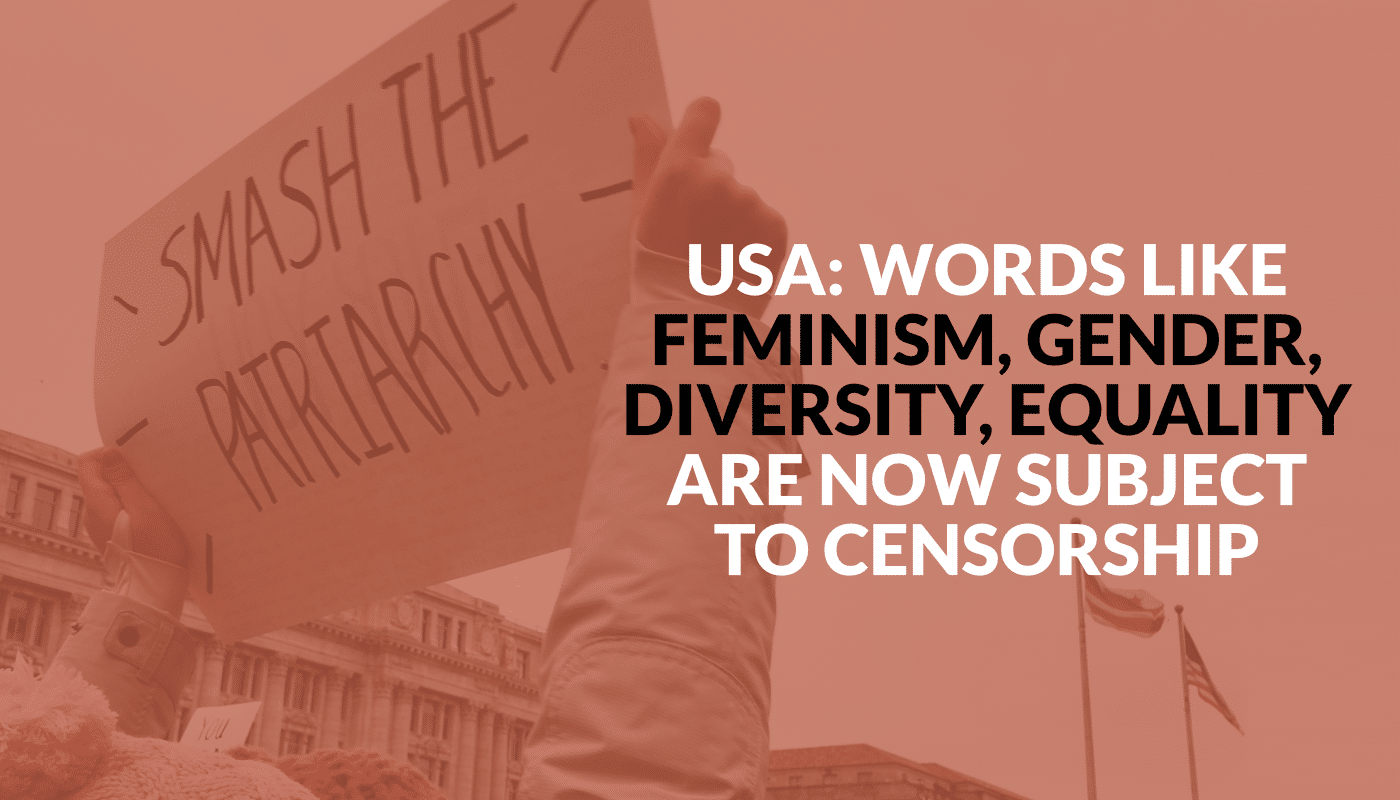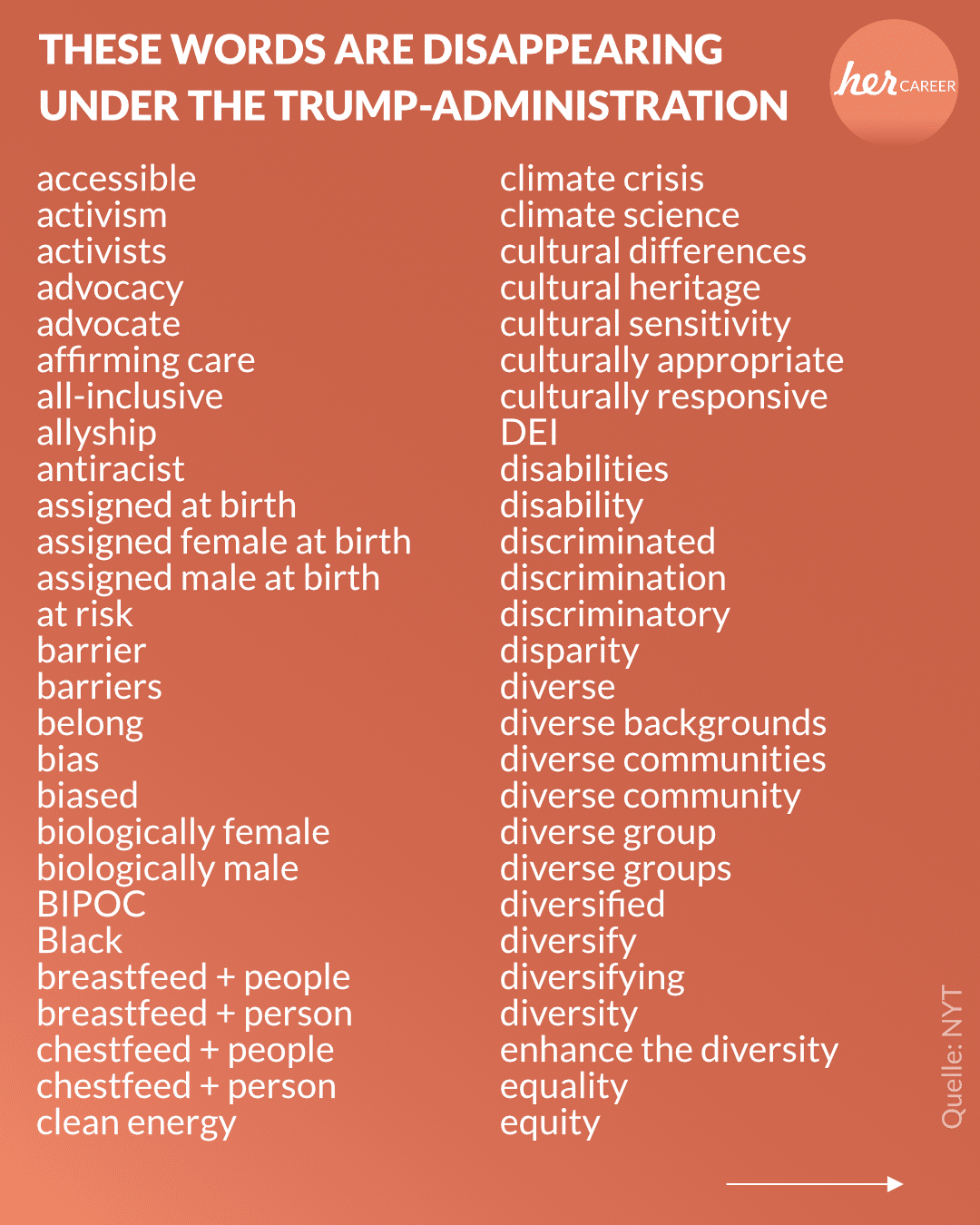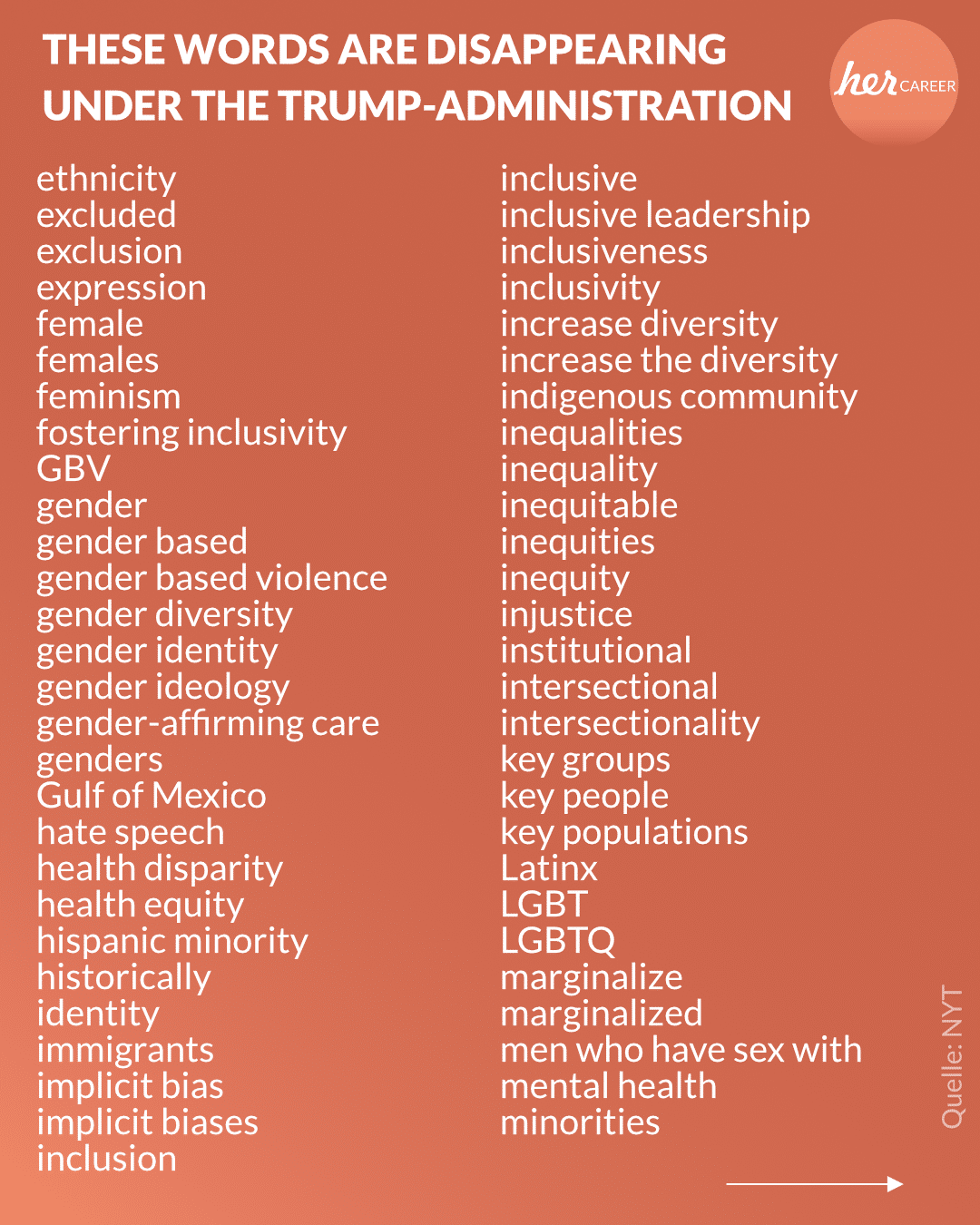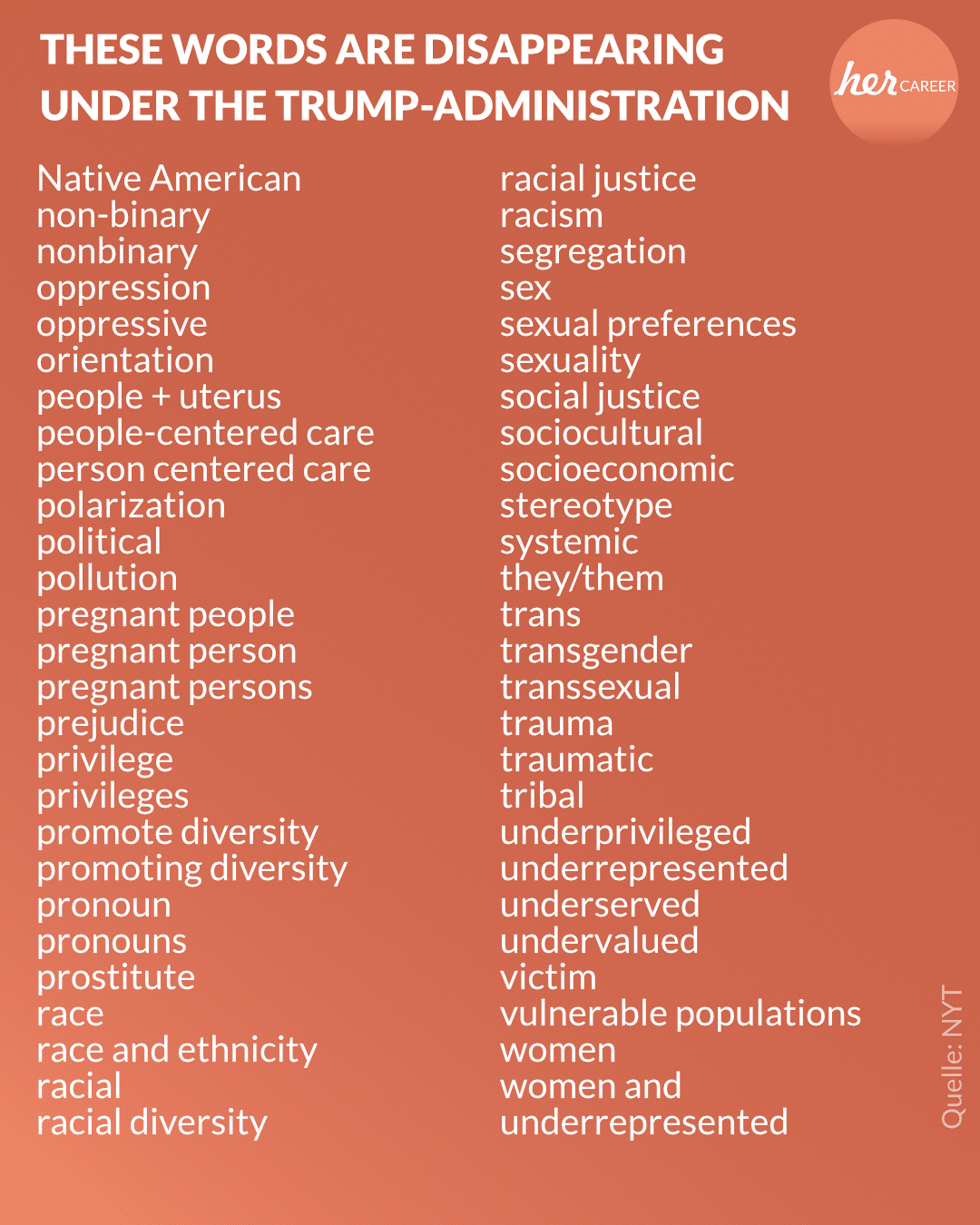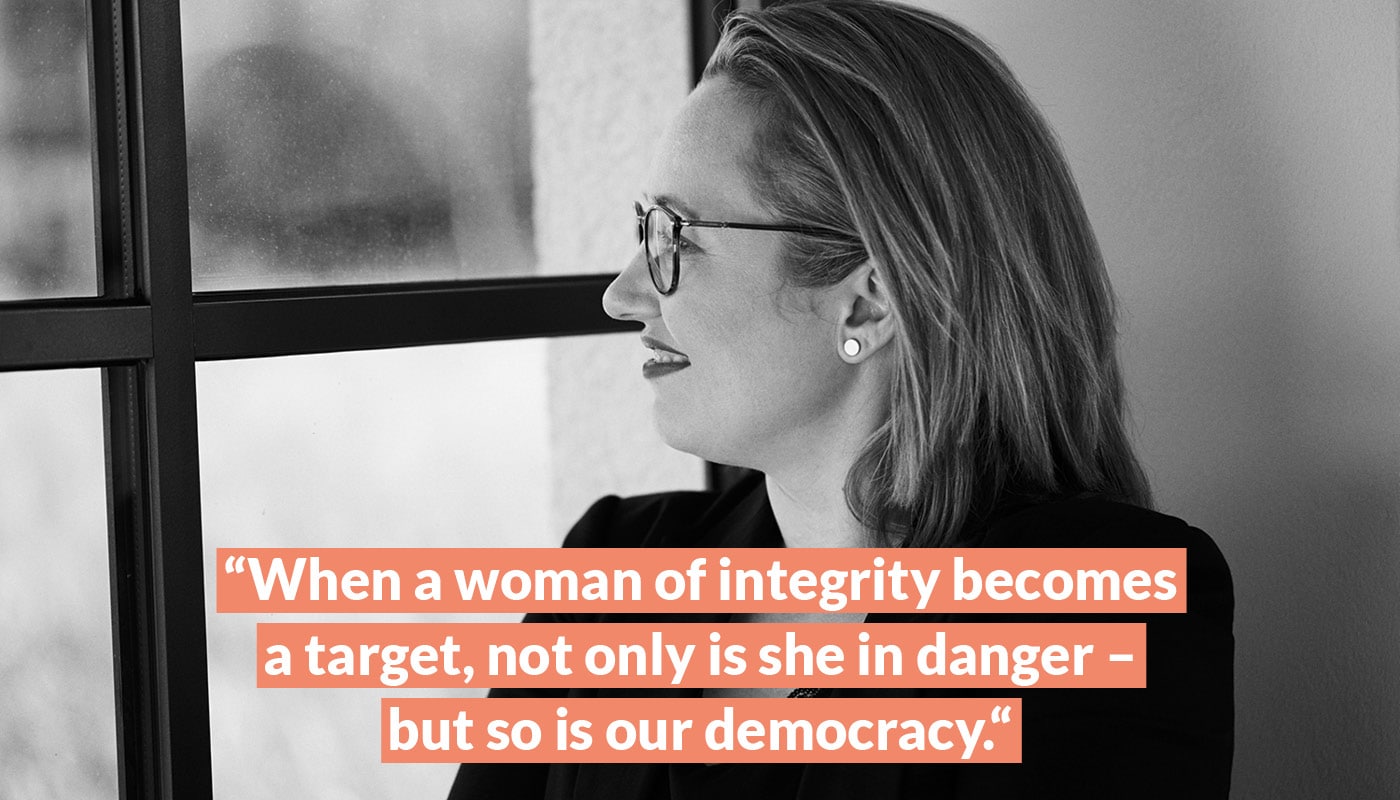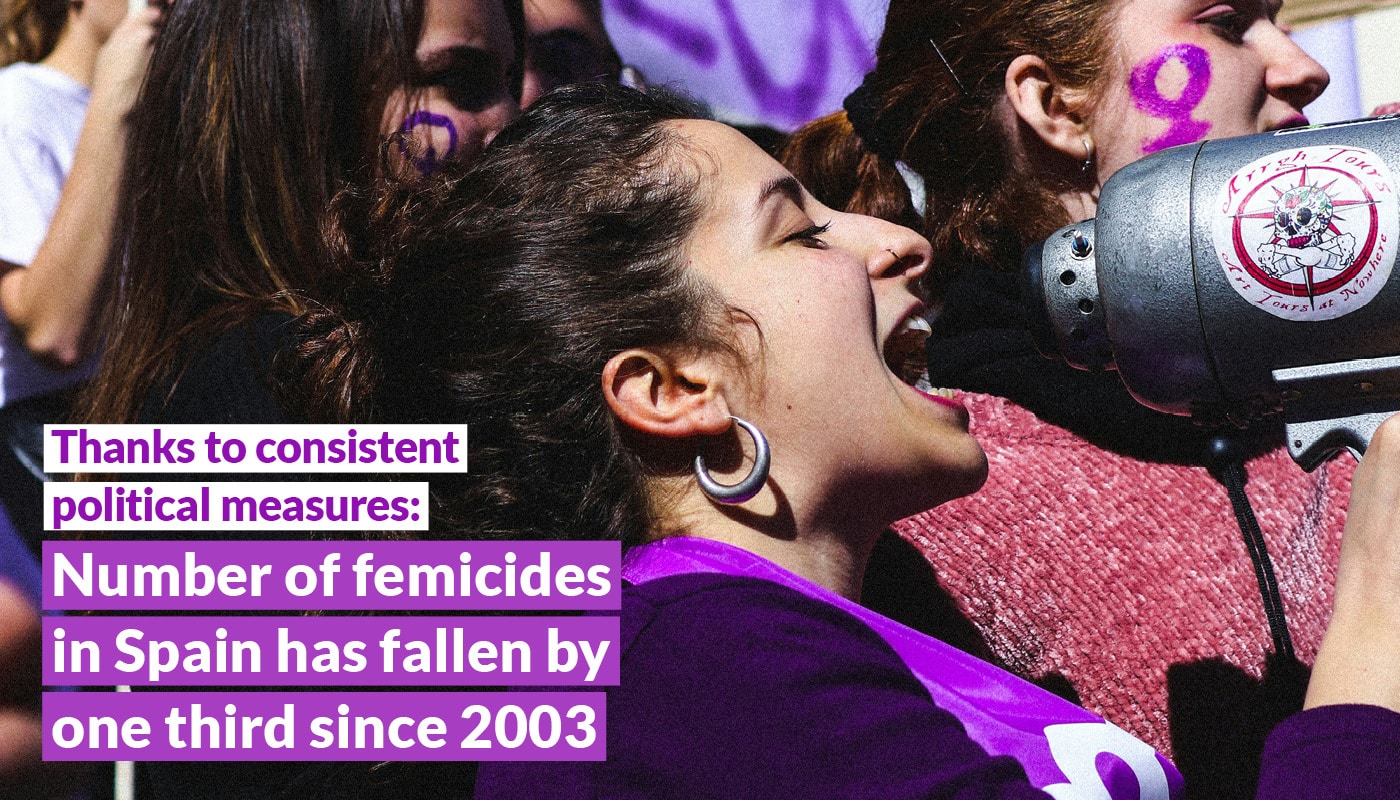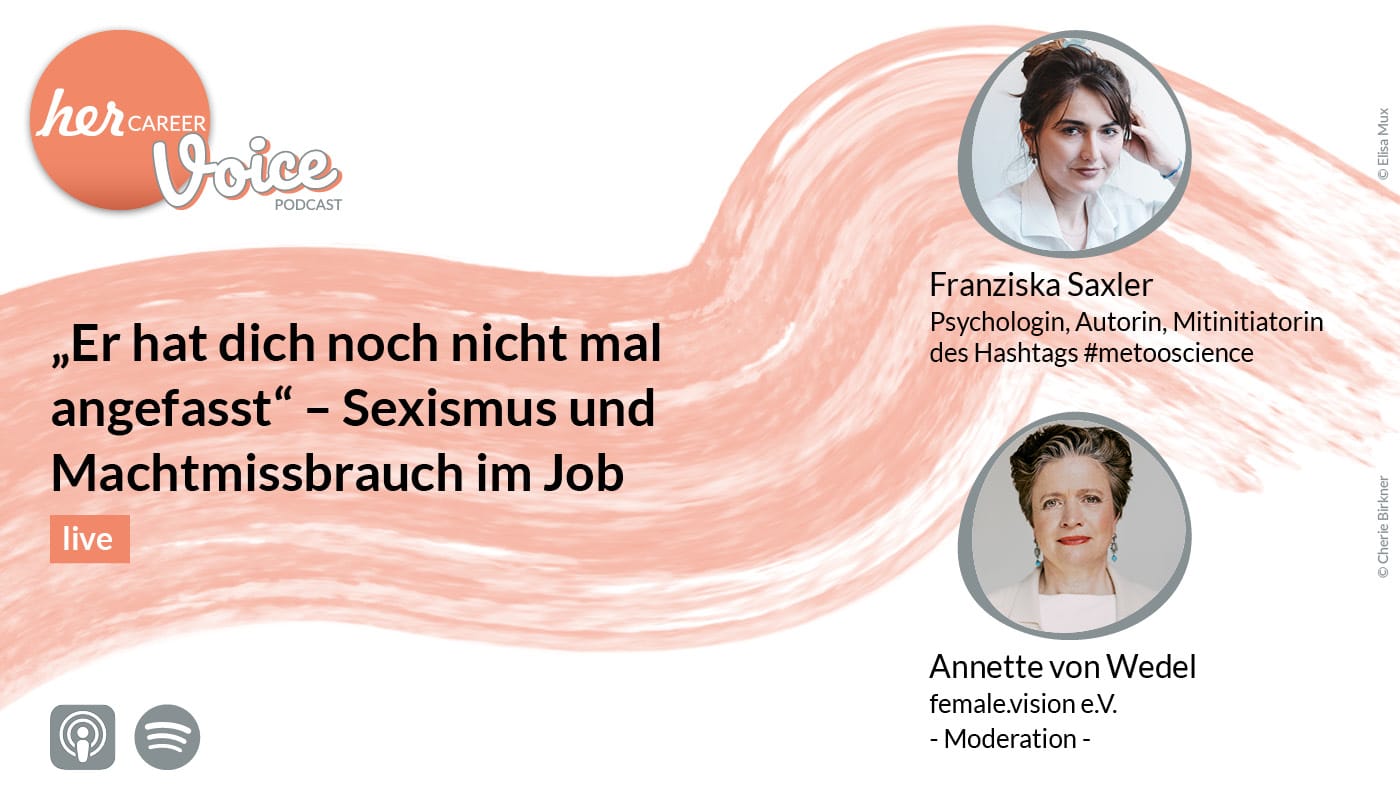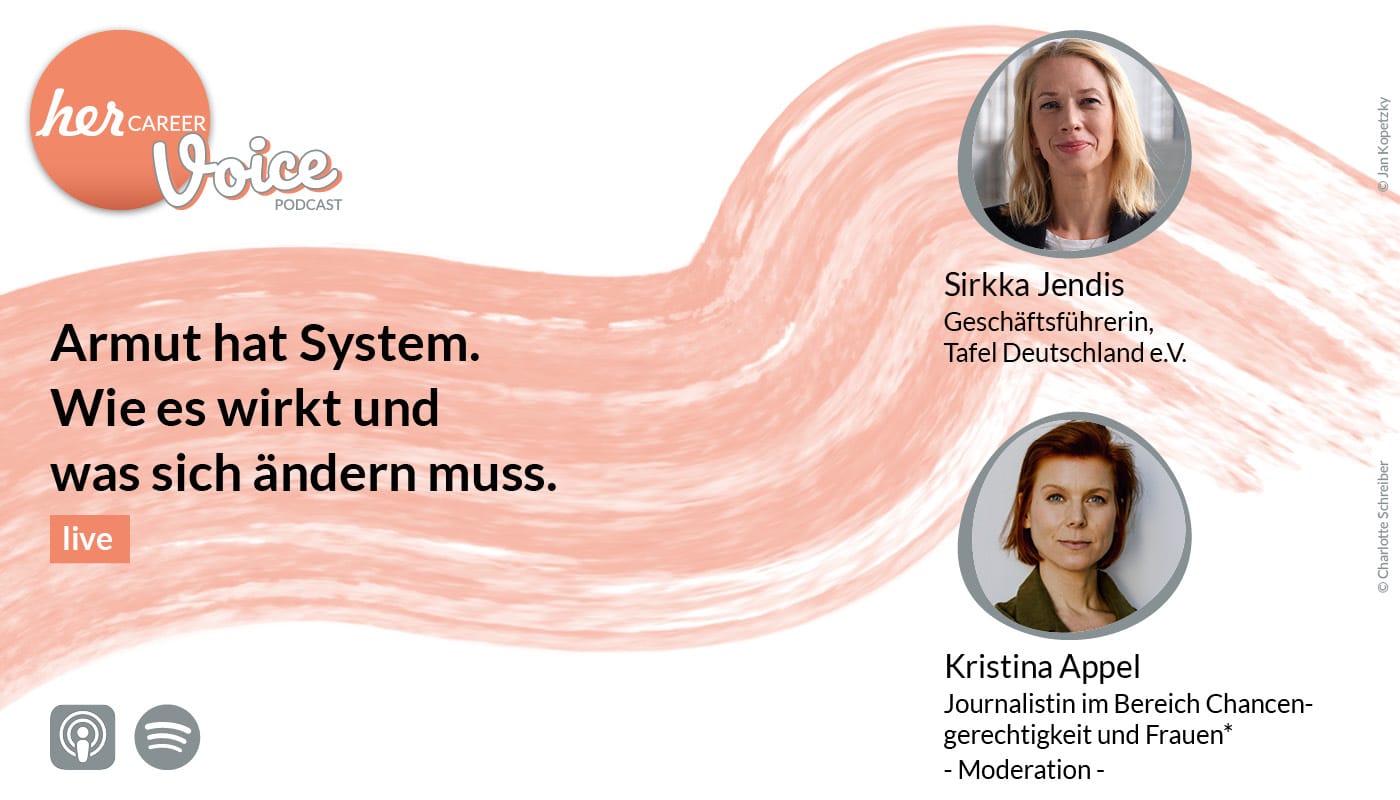Since Donald Trump took office, academic freedom in the USA has been severely restricted, and research has been hindered by significant budget cuts.
ZEIT Online: “The budget of the National Institutes of Health – at $47 billion, the world’s largest public fund for biomedical research – has been frozen for the time being. The same applies to the funds of the Department of Health and several institutes for climate research and renewable energy. The consequence: research proposals cannot be approved. Moreover, researchers are not allowed to speak publicly or communicate their findings. If an institute were to discover a dangerous pathogen these days, it would not be able to inform the public about it.”
The Trump administration handed the National Science Foundation (NSF) a long list of keywords that it must use to review studies and research projects—with the aim of withdrawing their funding. Additionally, the listed terms are no longer allowed to appear in official documents and websites.
“I guess a word that’s not on here is ‘men,’ and I guess a word that I don’t see on here is ‘white,’ so I guess we’ll see what’s going on with white men and what they need,” commented one scientist.
Another added: “You can’t design studies involving humans without using at least one of these banned terms. Biomedical, neuroscience, and social science research in the U.S. has effectively been put on hold.” Another researcher put it this way: “Banning words robs scientists of the ability to accurately describe the world.”
The ever-increasing restrictions, all imposed abruptly, are creating massive uncertainty within the scientific community, according to Süddeutsche Zeitung. The effects extend far beyond the U.S.: “Entire fields, including climate science, have been broadly discredited.”
This particularly affects areas dealing with gender-specific differences—especially in medicine. While it has long been known that male and female bodies function differently, research in this area is still in its infancy. If it is halted, women’s health worldwide will be put at even greater risk.
There is also a link to climate research: As taz reported, women face higher health risks when adapting to climate change. More women than men die during heatwaves because their bodies struggle more to adapt to extreme heat. Due to structural factors (including care work in both professional and family settings), they often have fewer opportunities to adjust to climatic changes.
“Why is gender medicine so important for women?” This is discussed by Dr. Judith Bildau and Vera Schneevoigt in the herCAREER podcast. “What everyone should know about gender-sensitive medicine” is available in German language as a video in our Academy. “Gender Medicine – Why Women’s Hearts Beat Differently” is the topic of another podcast (in German language), where Manuela Kasper-Claridge speaks with Prof. Dr. med. Sandra Eifert.
Meanwhile, German research institutions are now planning to offer refuge to scientists from the U.S. and actively recruit top talent from there.

Posted by Natascha Hoffner,Founder & CEO of herCAREER | Recipient of the FTAfelicitas Award from Femtec.Alumnae e.V. | LinkedIn Top Voice 2020 | Editor of the “Women of the Year” books published by Callwey Verlag
posted on LinkedIn on 19.03.2025
References:
- https://www.kpbs.org/news/economy/2025/02/07/federal-list-of-forbidden-words-may-jeopardize-research-at-ucsd
- https://www.zeit.de/2025/08/wissenschaftsfreiheit-forschung-donald-trump-europa-foerderung
- https://taz.de/Anpassung-an-den-Klimawandel/!6071224/
- https://www.zeit.de/2025/06/us-hochschulen-donald-trump-republikaner-bildung
